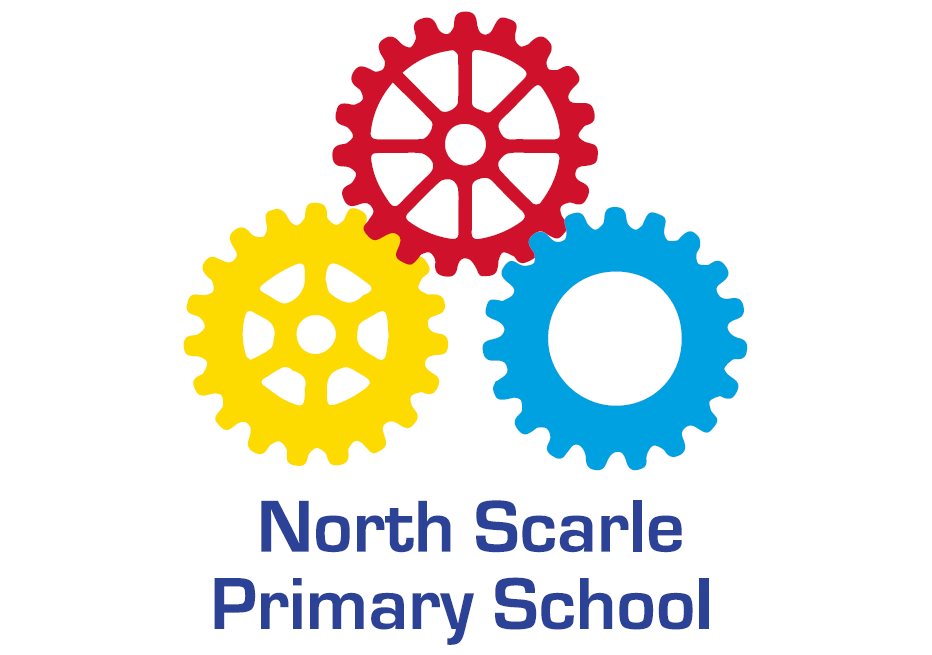Curriculum
Please see the 'In this section' menu for key school information relating to our curriculum.
For any queries relating to our curriculum and what is being taught in school, please do not hesitate to contact us. The headteacher, subject leaders and class teachers will be more than happy to talk through the full curriculum and answer any questions or queries you may have.
